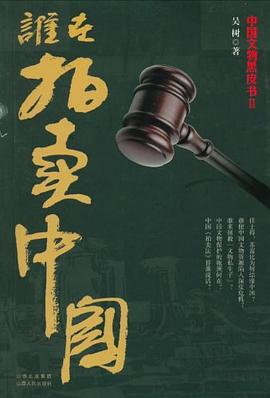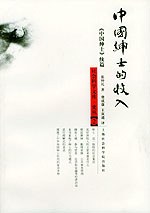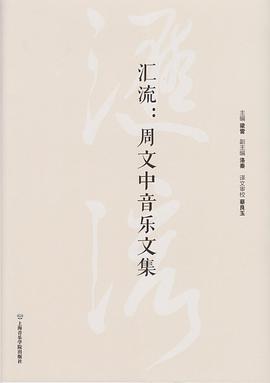The Art of Not Being Governed
内容简介
For two thousand years the disparate groups that now reside in Zomia (a mountainous region the size of Europe that consists of portions of seven Asian countries) have fled the projects of the organized state societies that surround them?slavery, conscription, taxes, corvée labor, epidemics, and warfare. This book, essentially an ?anarchist history,? is the first-ever examination of the huge literature on state-making whose author evaluates why people would deliberately and reactively remain stateless. Among the strategies employed by the people of Zomia to remain stateless are physical dispersion in rugged terrain; agricultural practices that enhance mobility; pliable ethnic identities; devotion to prophetic, millenarian leaders; and maintenance of a largely oral culture that allows them to reinvent their histories and genealogies as they move between and around states.
In accessible language, James Scott, recognized worldwide as an eminent authority in Southeast Asian, peasant, and agrarian studies, tells the story of the peoples of Zomia and their unlikely odyssey in search of self-determination. He redefines our views on Asian politics, history, demographics, and even our fundamental ideas about what constitutes civilization, and challenges us with a radically different approach to history that presents events from the perspective of stateless peoples and redefines state-making as a form of ?internal colonialism.? This new perspective requires a radical reevaluation of the civilizational narratives of the lowland states. Scott?s work on Zomia represents a new way to think of area studies that will be applicable to other runaway, fugitive, and marooned communities, be they Gypsies, Cossacks, tribes fleeing slave raiders, Marsh Arabs, or San-Bushmen.
......(更多)
作者简介
James C. Scott is Sterling Professor of Political Science, professor of anthropology, and codirector of the Agrarian Studies Programme, Yale University, and a fellow of the American Academy of Arts and Sciences.
......(更多)
目录
......(更多)
读书文摘
在一千年前当中国的人口也很稀少分散、不利于国家形成的时候,一个有关统治的手册就毫不留情地指出了其危险:“如果百姓都很分散而不能被固定下来,城市国家就会成为一堆废墟。”
治国的各种手册要求国王禁止山地和湿地的生存活动,“从而使更多的人口从事粮食生产。”……如果国家“成为山地和沼泽的唯一控制者,那些厌恶农业、懒惰,但又想得到高额利益的百姓就找不到吃饭的了。如果找不到吃饭的地方,他们就不得不从事农业耕作”。
......(更多)






